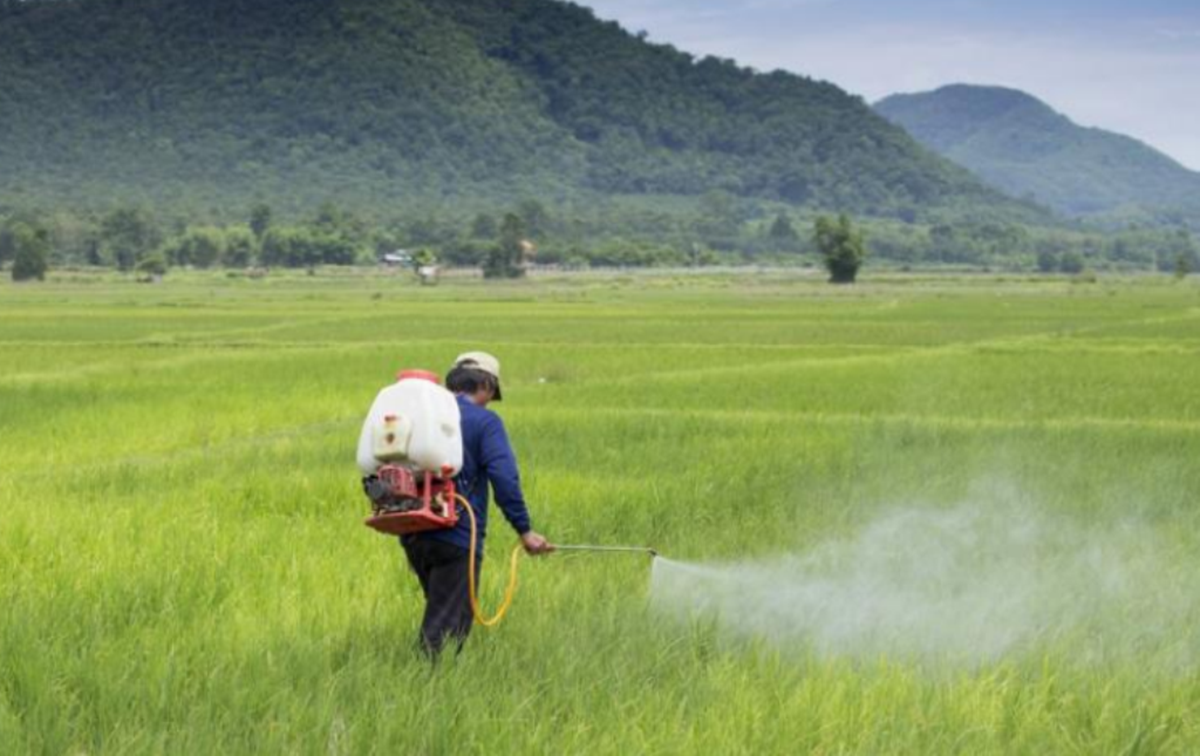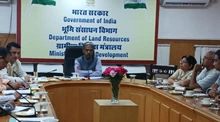
The Government of India is planning to celebrate 75 years of Indian Independence in 2022 in a big way wherein the focus will be Agriculture and Rural development. The Indian Agrochemical Industry has huge unrealized potential for growth due to very low level of agrochemical consumption as compared to global norms. The role of Agrochemicals in achieving the vision of $5 Trillion economy by 2025 cannot be undermined, as it not only ensures food security, provides livelihoods but also provides impetus to the growth of industries and service sectors.
The new Pesticides Management Bill (PMB20) recently announced offers the policymaker and the industry an opportunity to redesign the existing regime in line with global developments and safeguard the farmers’ interests and the country’s agriculture sector. Currently, there are around 1,175 pesticide molecules of both chemical and biological origins used in the world, out of which around 292 molecules are registered for use in India. PMB 2020 embraces the provision of regulating the import, manufacture, sale, transport, distribution, and use of pesticides in order to prevent risk to human beings and animals. Representatives of the agrochemical industry expressed their views on making agricultural practices in India more transparent. The new PMB 2020 is expected to set right a number of shortcomings in the regulatory regime around pesticides in India. Though the proposed draft PMB 2020 includes specific refinements, there are also some genuine concerns such as the need for a time-bound, predictable, stable, and transparent process for registration of products, which need to be addressed immediately by the government before the bill is passed.
Addressing the media, R G Agarwal Chairman Dhanuka Agritech Ltd and Chairman of Federation of Indian Chambers of Commerce & Industry (FICCI) highlighted the issues on Data Protection- “This is a huge sectoral and industry concern and we feel it needs an urgent addressal in the bill. If we have goals to make India ‘Atmanirbhar’ the PMB20 will need to walk the talk and incorporate certain elements which may be vital to our success”.
Mr. Salil Singhal, Chairman PI Industries “Stewardship on Modern Crop Protection molecules should be inherent part of Registration process. What is now urgently needed is reform in the regulatory framework pertaining to agrochemicals which must focus on pro-actively promote introduction of new molecules”
Dr. K.C Ravi, Chief Sustainable officer, Syngenta said, “The Pesticide Management Bill 2020 is a great opportunity to bring in a predictable progressive science based legislation in place of the age old Insecticide Act of 1968. However, provisions like criminalization of offences, regulatory provisions like reregistration’s will affect ease of doing business as well as restrict new molecule introductions so necessary for the farmers in an extremely complex environment and pest pressures.”
Mr. Gunavanta Patil, General Secretary of All India Kisan Coordination committee said “We need modern technology and government should create an amicable environment for this. Further he added to reduce GST on Pesticides to 5 Percent from current 18 percent”.
Protection of regulatory data (PRD) encourages innovators to discover, protect, register and produce new solutions. In addition to manufacturing and R&D capabilities, this ensures India’s position as an investor’s hub. The benefits which will accrue from PRD include accelerated introduction of newer and safer crop protection products (CPP), ensure proper product use through stewardship, protecting sensitive proprietary know-how (impurity profile and product composition) from disclosure to prevent unfair commercial use, increasing agricultural exports, setting-up of R&D facilities in India, outsourcing studies/data generation to Indian research institutes, giving employment to Indian scientists and engineers. PRD will help farmers grow more and better food by getting solutions to new invasive pests, disease, weeds, to which the existing pesticides have developed resistance, and the farmer needs new solutions.
Top experts also stressedon modern farm management in India by encouraging R&D, innovation, application of New Age solutions and adoption of innovative technologies.
For further information, please contact:
Maria Mishra
Lintas Live
9873001136
Maria.mishra@lintaslive.in








